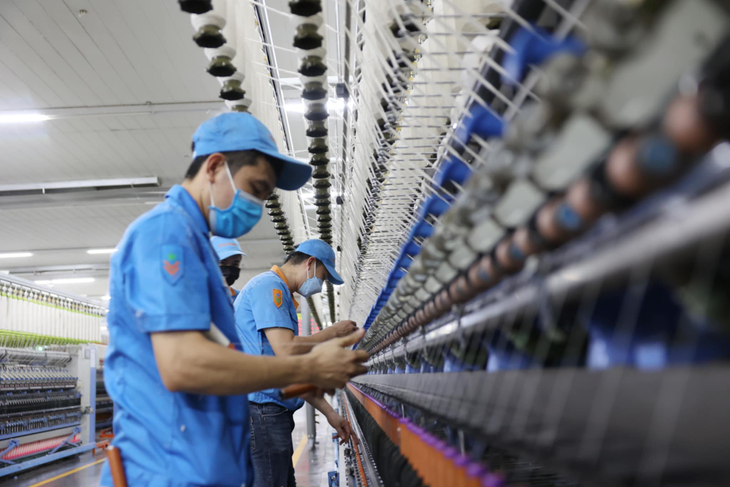
Workers at the Texhong Ngan Long Textile Factory (Mong Cai, Quang Ninh) - Photo: NGUYEN KHANH
This is a key moment for Vietnam to review its export strategy, improve the value chain and affirm its intermediary role in the global trade picture.

According to Mr. Nguyen Van Toan - Vice President of the Association of Foreign Investment Enterprises, of the six largest export industries of Vietnam to the US in 2024, three industries belong to foreign-invested enterprises (FDI): computers, components; machinery, equipment; phones and components.
The remaining three industries are textiles, wood and footwear, with domestic and FDI enterprises participating in the supply chain.
In the context of tariff negotiations, the role of FDI enterprises is even clearer, but Mr. Toan emphasized: "The government is standing up to protect the interests of FDI enterprises, so it can also ask them to increase the localization rate."
For domestic enterprises, the most important thing is still to improve their capacity to participate in the value chain, when the majority only undertake simple processing. This is a concern when Vietnam wants to truly benefit from the supply chain reform period.
One of the reasons the US imposes high tariffs on Vietnamese goods is because it suspects that third-country goods are "disguised". This requires strict control over rules of origin, while increasing domestic added value.
Even industries considered "purely Vietnamese" such as agricultural products, footwear, textiles, and wood depend heavily on imported raw materials.
Increasing the localization rate and investing more deeply in input materials and fuels will be key solutions during this 90-day period.
The lesson for Vietnam in the 90-day tariff "ceasefire" is quite clear: to protect business interests, the State needs to negotiate frankly, with effective participation from businesses.
On the contrary, enterprises - especially FDI - must also share responsibility by transferring technology and linking more with Vietnamese enterprises, towards a sustainable supply chain in the long term.
* Expert Pham Chi Lan:
Promote relations with many middle-ranking countries

We should consider the US's imposition of reciprocal tariffs and the need to negotiate with them as necessary pressure for Vietnam to reconsider its investment and trade relationship with the US, in the context of its overall relationship with other countries.
As an open economy, having participated in 17 free trade agreements (FTAs), the negotiation process with the US must not harm other partners.
To maintain a sustainable relationship with the US, Vietnam needs to diversify its relations with other partners, especially those with which it has a comprehensive strategic relationship and signed FTAs.
The negotiation process with the US needs to be placed within the country's development strategy, maintaining good relations with the US and major partners to serve long-term national interests.
In addition to the US and China, Vietnam needs to develop relations with partners and middle-level countries that have signed FTAs such as the European Union (EU), Japan, South Korea, India, Canada, and Australia. Currently, EU countries also want to join hands with countries participating in the CPTPP, including Vietnam, to jointly protect their interests against US reciprocal tariffs.
The country's development strategy also needs to be adjusted according to the consistent orientation of strengthening internal strength, self-reliance, and autonomy in international relations.
Although there are certain benefits to enjoying only a small part of the global value chain, it does not change the national position, so it is easy to face risks. This is the time to strengthen domestic strength - the core of sustainable development.
Regarding market structure, Vietnam currently does not put all its eggs in one basket but puts too many eggs in two baskets: importing too much from China, while exporting too much to the US. This puts Vietnam in a position of dependence on both, and this situation needs to change as soon as possible.
In negotiations with the US, Vietnam needs to be clear about its stance on choosing partners that are necessary for the country’s development. The negotiating team needs to fully calculate national interests in different aspects, and it is difficult to separate technological relations from economic, political, and national security and defense relations.
* Dr. Le Xuan Nghia (economic expert):
Finding a new direction for the economy
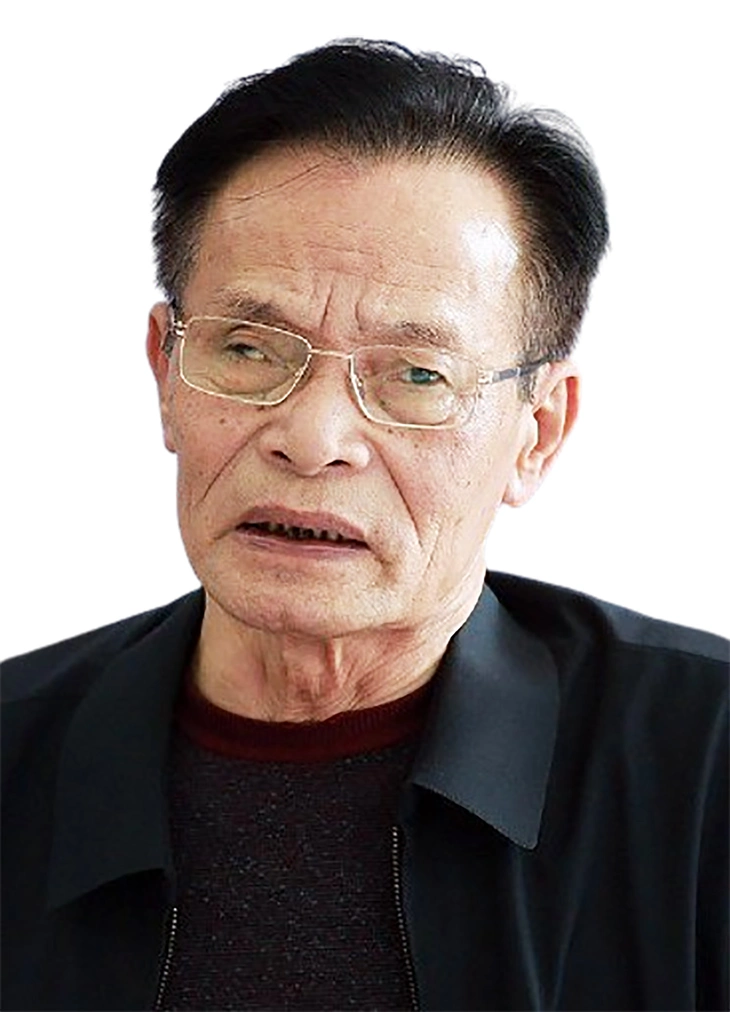
All successful countries that have risen to become developed countries have protected their domestic industries.
South Korea has introduced land protection policies, supported domestic businesses with low-interest loans for industrial development, and officials have also set an example in using domestic products.
Industrialization cannot withstand high interest rates, so the banking system must be restructured to have more suitable interest rates for manufacturing enterprises.
We need to overcome the current situation where we want to develop domestic industry but Vietnamese people do not "like" to use Vietnamese products.
Enter TOTO all-ceramic toilets, while Viglacera's sanitary ceramic products, despite their quality, are still difficult to sell in the domestic market.
In the context of the US threatening to impose reciprocal tariffs, if Vietnam wants to grow above 10%, it must definitely industrialize. But now following the industrialization path of Northeast Asian countries is backward.
Many studies show that if Vietnam enters the supporting industry of automobile manufacturing, if successful, it will rank 51st in the world.
If successful in the rocket industry, it could rank 11th in the world. If successful in the satellite technology, it could rank 5th in the world.
Therefore, Vietnam must choose the shortest path, quickly moving towards replacing terrestrial Internet with satellite Internet. On this foundation, promoting the development of big data and artificial intelligence can be achieved faster.
Source: https://tuoitre.vn/khoang-tho-quy-gia-tu-huu-chien-20250514085813831.htm






![[Photo] Prime Minister Pham Minh Chinh chairs conference on anti-smuggling, trade fraud, and counterfeit goods](https://vphoto.vietnam.vn/thumb/1200x675/vietnam/resource/IMAGE/2025/5/14/6cd67667e99e4248b7d4f587fd21e37c)



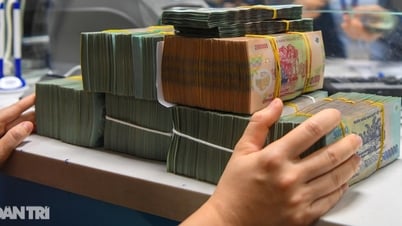












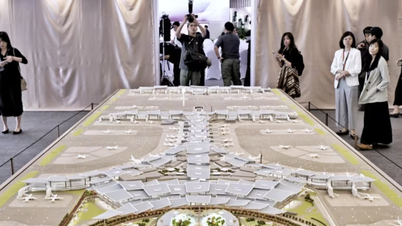


























































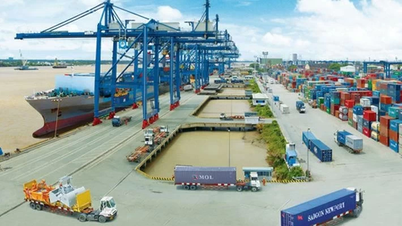








Comment (0)